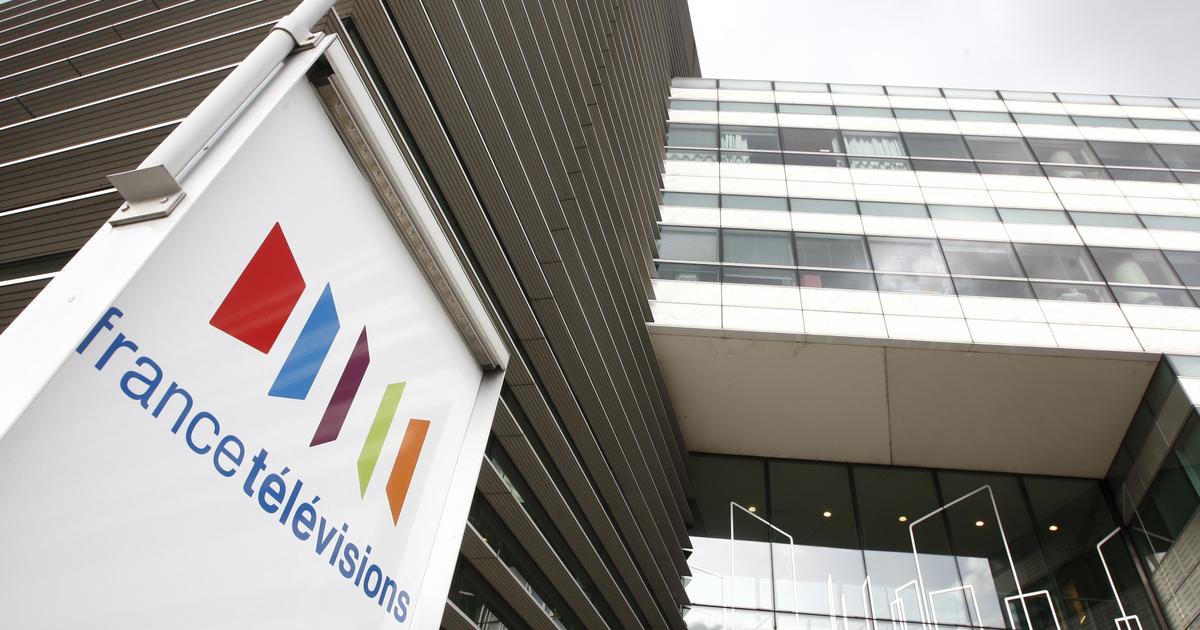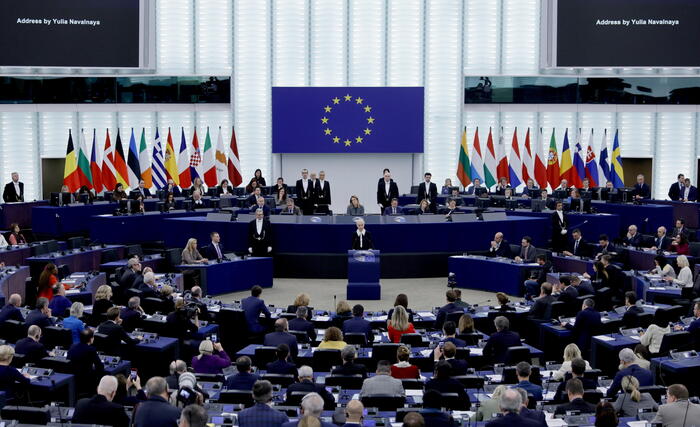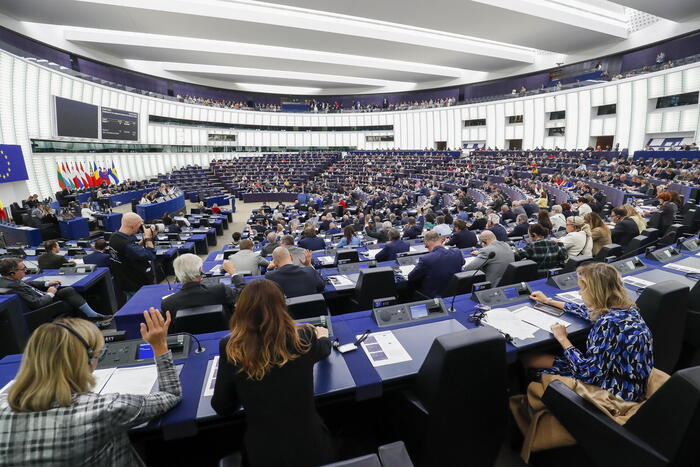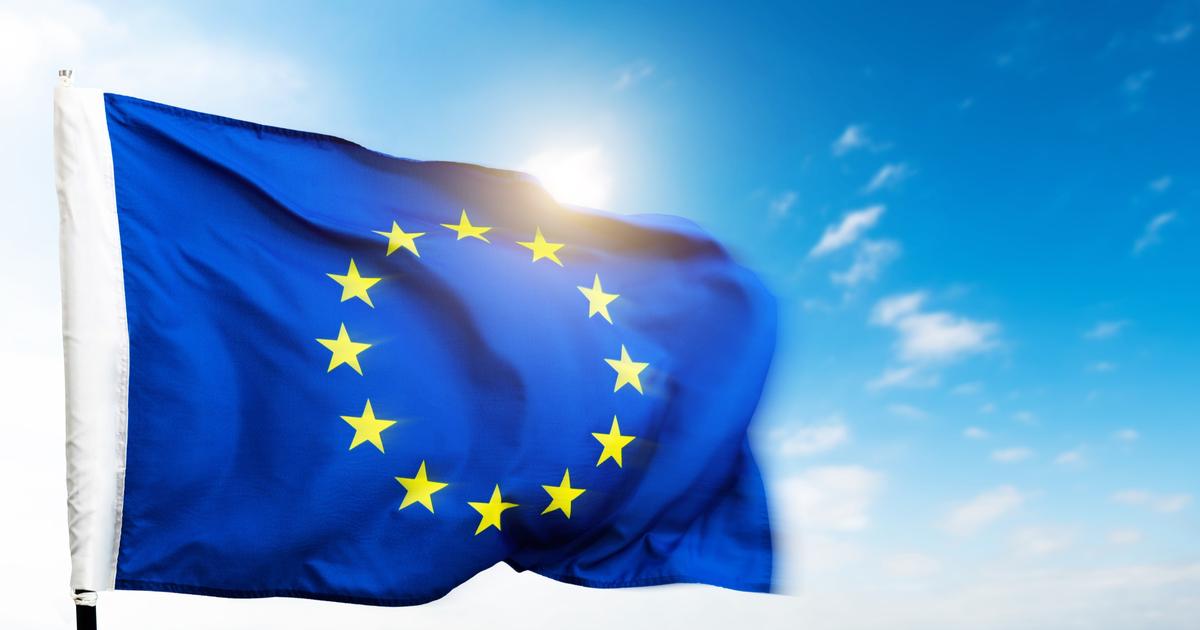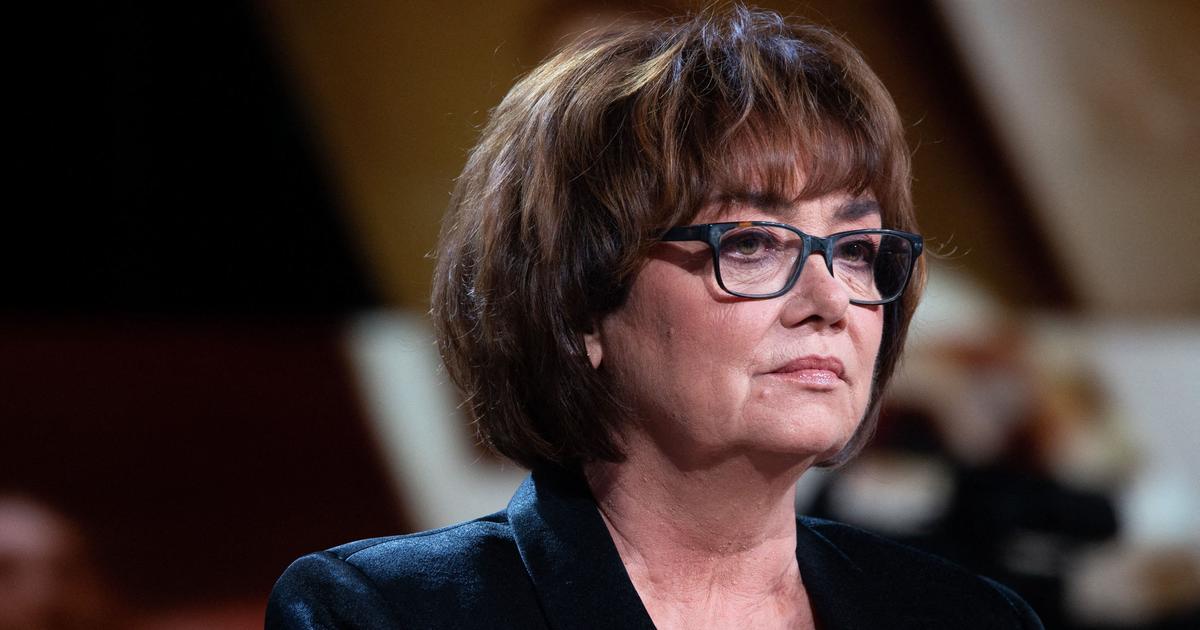A big kick in the anthill of public broadcasting. On Wednesday, MPs Jean-Jacques Gaultier (LR) and Quentin Bataillon (Renaissance) will present the conclusions of their report on the future of public broadcasting to the Committee on Cultural Affairs and Education of the National Assembly. And the two parliamentarians hope to move the lines. "We must revolutionize public broadcasting," says the president of the information mission, Jean-Jacques Gaultier, in Le Figaro.
The idea is not to dynamite it but to "strengthen its specificities, strengthen its independence and perpetuate its funding," he continues. The two parliamentarians therefore put forward 30 proposals. Among those that risk shaking up the sector, the removal of advertisers between 20 p.m. and 6 a.m. on national antennas and France television platforms. Exit the sponsorship on France 2 or France 3, exit also the advertising spots before the broadcast in replay of a series or a documentary on the site. The report advocates the 'zero advertising' option. "A strong element of differentiation vis-à-vis the private sector," argues Quentin Bataillon.
The work of the fact-finding mission made it possible to compare the French situation with those of other public media in Europe. Across the Channel, the BBC has no advertising revenue for its national channels. In Spain, "advertising" has been banned since 2009 on RTVE antennas. In Germany, it is not allowed around children's programmes, cult programmes or from 20 p.m., on public holidays, as well as on Sundays on the public service.
Excessive use of sponsorship on France Televisions
Both the chairman and the rapporteur of the report consider the use of sponsorship on France television stations to be 'excessive'. They note in passing that, since 2018, the group led by Delphine Ernotte, financed to the tune of 2.4 billion euros by a public endowment, has seen its overall advertising revenues increase from 348 million to 393 million euros last year. That's $45 million more in four years.
While the TV advertising market is down more than 7% in the first quarter, the subject is highly flammable. The proof: mid-May, TF1, M6, Canal + and Altice (BFMTV, RMC ...), gathered within the Association of Private Channels (ACP), asked Prime Minister Elisabeth Borne to "put an end to the circumvention practices ofFranceTelevisionsand her continuous requests to expand advertising on its various antennas ». The measures advocated by the report go far further. And they ultimately join the proposal of senators Jean-Raymond Hugonet and Roger Karoutchi to eliminate the sponsorship revenues of France Télévisions and Radio France. Because the two parliamentarians insist on the final objective of "a gradual reduction of advertising, in all its forms, on television and radio antennas of the public service". For Jean-Jacques Gaultier and Quentin Bataillon, it is imperative to "take care not to unbalance the advertising market while many advertisers are migrating to digital media. We need a strong public broadcaster but also strong private actors," they explain.
Involving the digital giants
France Télévisions would not be harmed. Knowing that the ban on sponsorship and digital advertising in the evening would deprive the group "of nearly a third of its advertising revenue", the two MEPs propose to compensate for these revenue losses by "allocation, to the nearest euro, of a fraction of the revenue from the digital services tax". In short, it is the digital giants who would be involved.
Still with regard to the financing of public broadcasting, a subject at the heart of the report, Jean-Jacques Gaultier and Quentin Bataillon suggest amending the Organic Law on Finance Laws "as soon as possible", imperatively before the tabling of the draft Finance Law for the year 2025, in order to "perpetuate the financing of public broadcasting by a fraction of VAT". The two deputies will table a proposal for an organic law to this effect.
If the absence or at least the decrease of advertising is a key differentiating factor vis-à-vis private channels, it is not the only one. Public broadcasting will have to "maintain the most demanding cultural programmes on its generalist channels without confining them to the more confidential broadcasting channels," the report says. A pitfall pointed out by private channels precisely. The two MEPs would also like the offer of information and programmes relating to Europe to be expanded or for Franceinfo to give more space to the international.
Creation of a holding company
The two deputies also join the Senate on the issue of the governance of public broadcasting, "a reformed governance, more coherent and convergent, abandoning an organization in silos". They are thus in favour of the creation of a holding company, "capable of playing the role of leader and facilitator between the entities of the public broadcaster, in order to ensure the follow-up of the common course and the programmed progress of collaborations". But, they insist, to ensure its independence, its CEO will have to be appointed by a board of directors, "after the assent of Arcom and the commissions responsible for cultural affairs of the assemblies". More generally, they are campaigning for a strengthening of cooperation between the different structures: setting up a joint newsroom at Radio France, France 24 and France Télévisions -a solution already pushed by the Upper Chamber-, creation of a common search engine to facilitate referrals between the different digital platforms of public groups, via cross-referencing...
«
In a changing world, a stationary target is an easy target. All our European neighbours have already developed their public broadcasting," insists Jean-Jacques Gaultier. He also recalled that the Senate will also present a bill on 12 June to reform public broadcasting. With convergent points of view. "If today, economic actors, deputies and senators all believe that it is time to act, we must ask ourselves the right questions," insist Jean-Jacques Gaultier and Quentin Bataillon. "It is not so often that a private member's initiative wins a majority in the Assembly and the Senate. It is the status quo that would endanger public broadcasting," he said.

